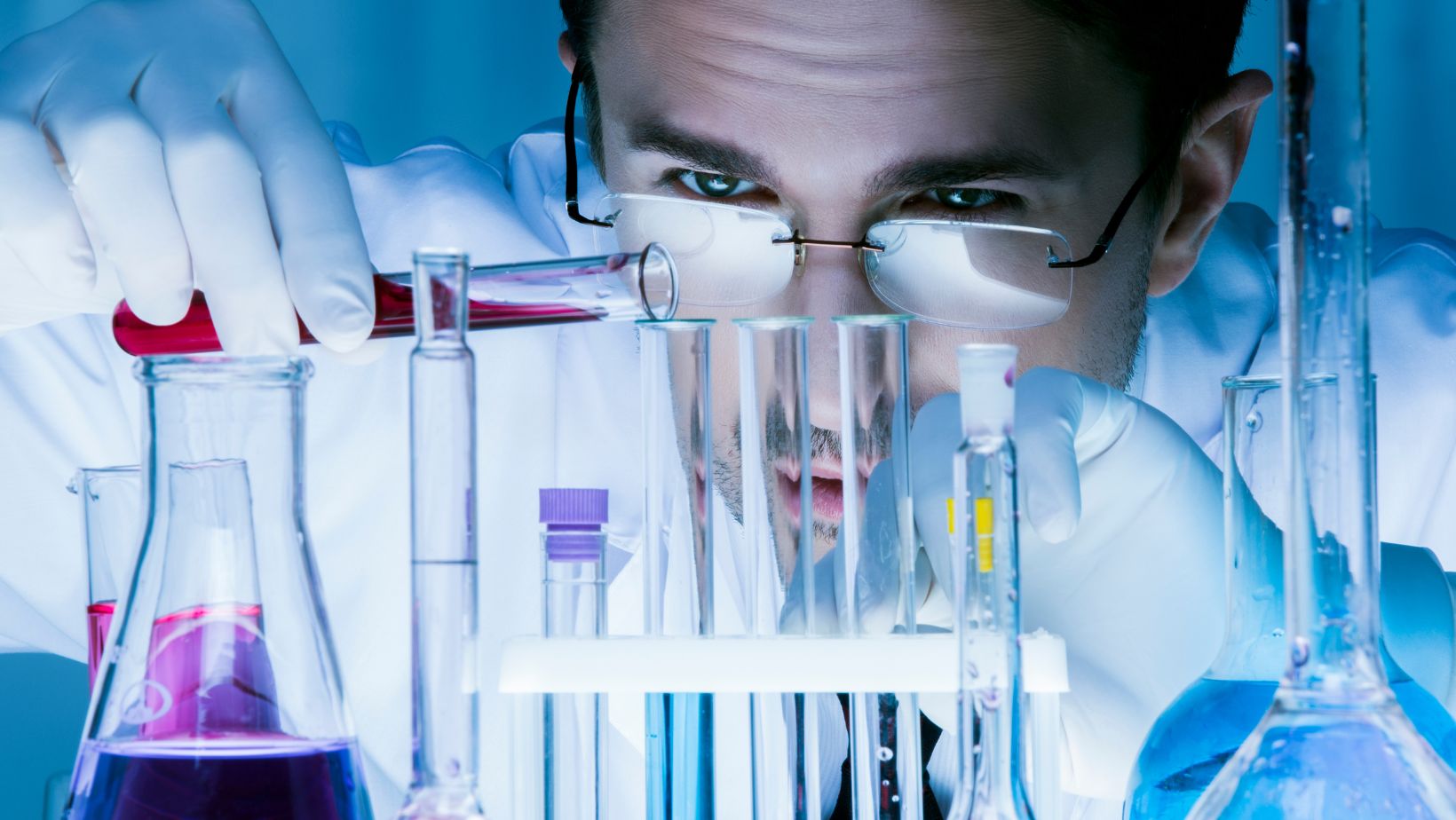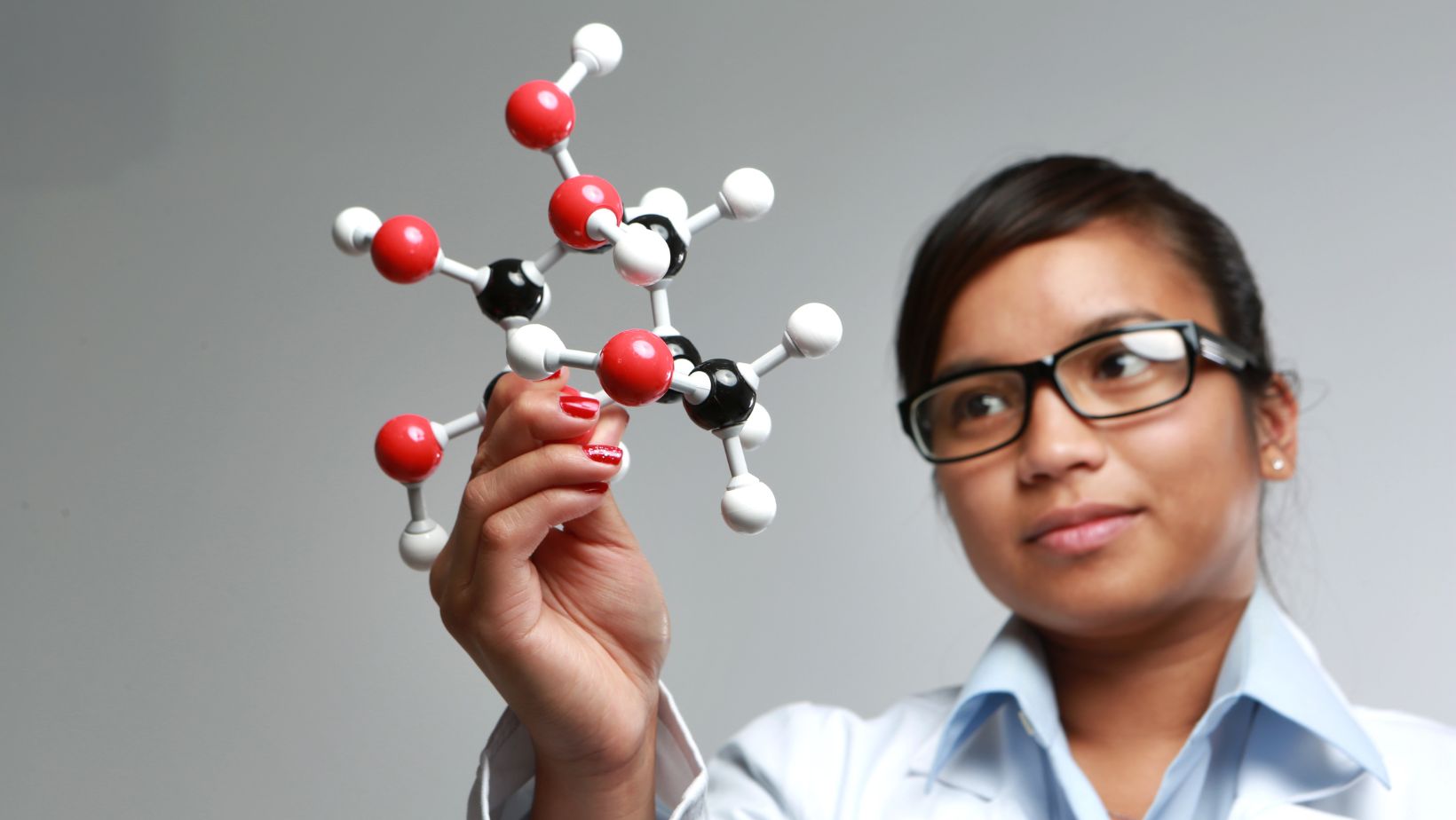You Want to Become a Analytical Chemists? Here is What you Need to Know!

In order to be an analytical chemist, you need to have a strong understanding of theoretical chemistry. This includes topics such as kinetics, thermodynamics, and quantum mechanics. You should also be proficient in programming, as this will be essential for developing and running simulations.
What Companies Hire Analytical Chemist
Analytical chemists need a deep understanding of physical chemistry to be able to carry out their work effectively. Physical chemistry is the study of the physical properties of matter, such as its structure, behavior, and interactions with other substances. A thorough knowledge of physical chemistry is essential for analytical chemists, as it allows them to understand the behavior of the substances they are working with and to develop accurate methods for measuring them.

In addition to theoretical knowledge, analytical chemists need practical skills in order to carry out their work. They need to be able to operate sophisticated laboratory equipment, such as spectrometry and chromatography, and to use complex software programs for data analysis. They also need to be able to write clear and concise reports detailing their findings.
Inorganic Chemistry
Analytical chemists need a firm foundation in inorganic chemistry, which is the study of the properties and reactivity of chemical elements other than carbon. Most of the elements in the periodic table are metals, and analytical chemists must be familiar with their reactivity. They also need to know how to use this knowledge to develop models that can be used to predict the behavior of complex systems. Inorganic chemistry is essential for understanding how metals bond and how they interact with one another. It also provides a foundation for understanding how metals react with other elements, such as oxygen, to form compounds.
Analytical Chemistry
Analytical chemistry is the science of analyzing material samples to gain an understanding of their chemical composition and structure. Analytical chemists use their knowledge of chemistry, physics, and mathematics to develop new ways to analyze samples and to solve problems in areas such as engineering, medicine, and environmental science.
Most analytical chemists work in research and development laboratories in industry, government, or academia. They may work on projects such as developing new pharmaceuticals, designing better Ways to recycle materials, or improving methods for detecting environmental contaminants. Some analytical chemists work in quality control or quality assurance laboratories, where they test materials to ensure that they meet certain standards. Others work in forensics laboratories, where they analyze evidence from crime scenes.
Analytical chemists need a bachelor’s degree in chemistry or a related field. Many analytical chemist jobs require a master’s degree or Ph.D. Employers also value practical experience, so internships and participation in cooperative education programs can be helpful.
Technical Skills
Analytical chemists need a variety of technical skills. They need to be able to use laboratory equipment and instruments, as well as computers and software programs. They also need to be able to understand and interpret data.
Chromatography
Chromatography is a separation technique that can be used to separate, identify and quantify the components in a sample. There are many different types of chromatography, but they all work by passing a sample mixture through a stationary phase (a solid or a liquid) and a mobile phase (a gas or a liquid). The different components in the sample interact with the stationary and mobile phases to different degrees, resulting in their separation.

Chromatography is an essential tool for analytical chemists, who use it to purify samples and to determine the identity and concentration of the different components in a sample.
Spectroscopy
Spectroscopy is the study of the interaction between matter and electromagnetic radiation. As an analytical chemist, you’ll use spectroscopy to identify unknown compounds, to study the structure of molecules, and to monitor chemical reactions. The most common type of spectroscopy used in analytical chemistry is absorbance spectroscopy. This technique measures how much light a compound absorbs at different wavelengths. The amount of light absorbed can be used to determine the structure of a molecule or to monitor a chemical reaction.
Data analysis
The ability to analyze data is essential for any analytical chemist. This involves not only statistical analysis, but also an understanding of the underlying chemistry. Good analytical chemists are able to design experiments that will produce the data they need, and then properly interpret that data.
Soft skills
In addition to strong analytical skills, chemists need to be able to work well with other people and communicate their findings effectively.
Communication
Strong communication skills are critical for analytical chemists, as they often work on teams and need to be able to convey their findings to others. They also need to be able to write reports and present their findings to colleagues, supervisors, and clients.
Problem solving
Most analytical chemists work in teams, and being able to solve problems as part of a team is an important skill. In particular, analytical chemists need to be able to:
– work effectively in a team environment
– communicate effectively with other team members
– resolve conflict within the team
– come up with creative solutions to problems
Time Management
Analytical chemists are often expected to juggle multiple projects at once, so good time management skills are essential. Typically, employers will want to see evidence of your ability to prioritize tasks, meet deadlines and work well under pressure.
While your technical skills are obviously important, soft skills like communication, problem-solving and teamwork are also highly valued by employers. As an analytical chemist, you will need to be able to work effectively with others, explain complex concepts clearly and think creatively to solve problems.


